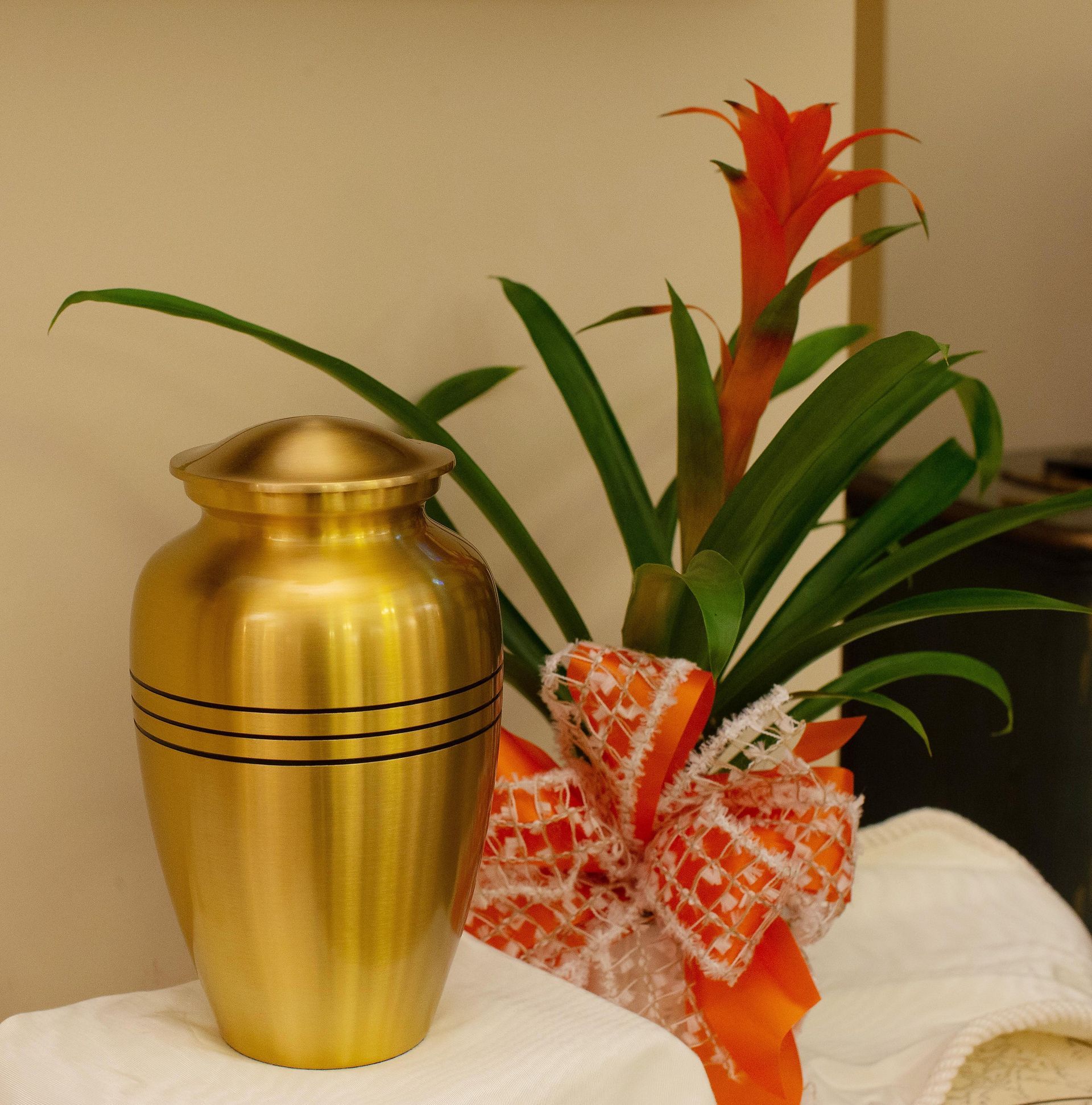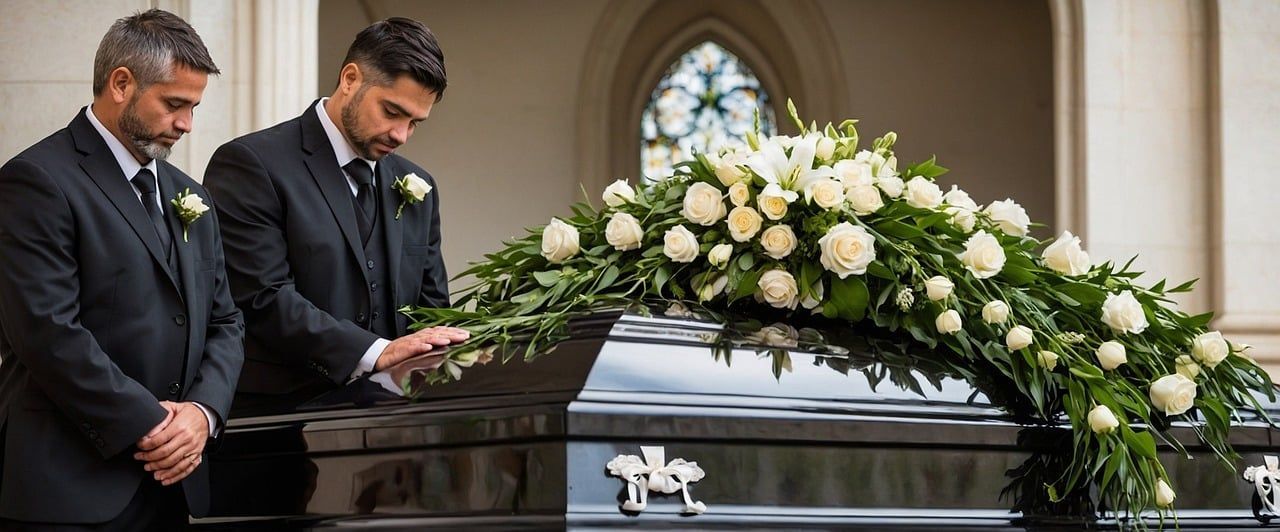Eco-Conscious Funerals in 2023
Meaningful choices with less environmental consequences

Katrina Spade, founder and CEO of Recompose, poses in front of an array of composting vessels at Recompose Seattle on October 06, 2022 in Seattle, Washington. Recompose is a green funeral home specializing in human composting, also known as natural organic reduction, terramation, or recomposition.. (Photo by Mat Hayward/Getty Images for Recompose)
Happy Earth Day! The very first Earth Day was celebrated in America on April 22, 1970, and it sparked an environmental movement and led to the creation of the National Oceanic and Atmospheric Administration (NOAA) and the US Environmental Protection Agency (EPA) later that year. Since then, it has become a worldwide day of action, having reached over one billion participants each year, touching all parts of the globe and every industry in America, including the deathcare industry.
Funeral trends have been shifting in a more ecologically-friendly direction over the past decade. Rising cremation rates point to this fact (although when asked, most people will cite “financial motives” as the number one reason cremation was chosen as the final disposition method.) If a person is environmentally conscious, the thought of taking up ground space, and putting chemicals/plastics underground deters them from traditional burial.
These are valid concerns from clients. It seems the industry has taken these concerns to heart, and recently we’ve seen many new products and services come out for those wanting their last effects left on this planet to be less harmful. Some of them are:
Natural Burials
According to the Green Burial Council (GBC), the gold standard for environmental causes in the industry, certified natural burials by funeral homes must meet these standards:
1. Offer the decedent’s family the option of a public viewing without embalming, or use only Green Burial Council-approved post-mortem fluids.
2. Carry at least three GBC-approved or rated burial containers, such as cotton shrouds and caskets made of biodegradable materials such as wicker
3. Accommodate families choosing to conduct home vigils prior to viewing on site without embalming, or use only GBC-approved post-mortem fluids.
4. Offer sanitation and temporary preservation of a decedent using only noninvasive techniques and materials.
Currently there are 35 states that have GBC certified funeral homes that offer natural burials. Unfortunately, a combination of state laws for funeral homes and cemeteries, combined with our low elevation level prohibit natural burials from taking place in Louisiana.
Natural Organic Reduction (NOR)
Natural Organic Reduction, also called “Terramation”, takes what would occur in nature (decomposition), and through controlled environmental conditions, speeds up the process.
Here’s how it works:
The unembalmed body is sealed in a holding vessel lined with wood chips, grasses, and flowers. The naturally occurring microbes in our bodies and on our skin are given just the right amounts moisture and temperature to flourish over the course of about six weeks. Because of these ideal conditions, the organic processes will result in nutrient dense soil, ready to return to the forest floor or gardens in just a few months.
Currently NOR is legally available in six states: Washington, Oregon, Colorado, California, Vermont and New York. In 2023, Massachusetts, Maryland, and Illinois legislators introduced bills on their state floors for consideration.
Here are three NOR companies based in the United States. Their websites are very helpful should you be interested in more information on a true “return to the earth” final disposition method. Click on the links below to view detailed information.
Water Cremation
Water cremation, or “Aquamation”, is the disposition process of alkaline hydrolysis that uses lye and heat to dispose of the body. Similar to fire cremation, all that is left after the process is the minerals from a person’s bones.
Alkaline hydrolysis has been around for decades, being used as a means to dispose of human remains from medical schools and animals from research labs. It is still fairly new to the funeral industry, but received international attention when Archbishop Desmond Tutu chose water cremation after his death on December 26, 2021.
Proponents of the process argue that water cremation is more energy-efficient, cleaner and better for the environment, as it emits 35% less greenhouse gas than fire cremation. It’s currently legal in 23 states; Louisiana is not one of them.
Other innovations still in the testing phase are the tree pod burials, created by Italians Francesco D’Angelo and Adriano Del Ferro. These conceptual designs, now known as Capsula Mundi, made a huge splash on social media around 2018. People emotionally connected to the “circle of life” idea the inventors promoted, and embraced the thought of giving back to the Earth and becoming a tree. While it’s still a few years away, the company has created a biodegradable urn that functions similarly to the burial pod, but with cremated remains.
These green solutions are transforming historic rituals of commemoration for those who seek earth-conscious end of life services. These alternative funerals are becoming more popular as a way to honor our loved ones and provide a better environment for future generations. Louisiana should not delay in embracing these practices.











